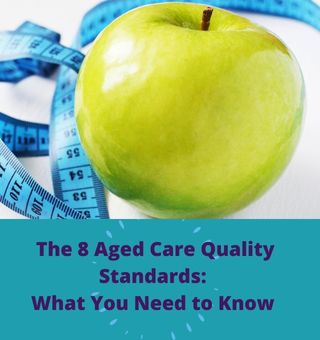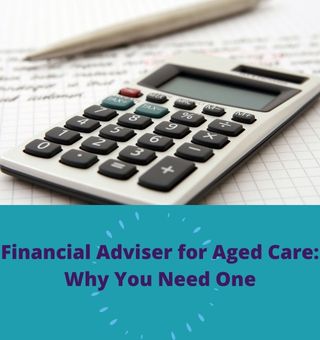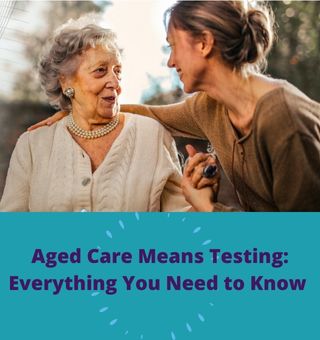The Aged Care Quality Standards are set by the Australian government in order to ensure that all government-funded aged care providers are delivering care that meets certain standards. If you are considering an aged care facility for yourself or a loved one, it is important to know what these standards are and how they compare to other facilities. In this blog post, we will discuss the eight Aged Care Quality Standards in Australia.
1. Consumer dignity and choice
This means that aged care consumers have a right to be treated with dignity and respect, and they should be given choices about their care and services. This includes things like being able to choose their own food and activities and having input into their care plan.
2. Ongoing assessment and planning with consumers
Aged care providers must assess each consumer’s needs on an ongoing basis and develop a care plan that meets those needs. This care plan should be reviewed regularly and updated as needed. Consumers and their families should be involved in this process as much as possible.
3. Personal care and clinical care
Aged care providers must provide consumers with the personal care and/or clinical care they need to maintain their health and well-being. This includes things like showers, meals, and medication.
4. Services and supports for daily living
Aged care consumers might have some health conditions or disabilities that make it difficult for them to do things like cook meals or take a shower. In these cases, the aged care provider must offer services and support that meet the consumer’s needs.
5. Organisation’s service environment
The aged care provider must maintain a safe and clean environment for consumers. This includes things like making sure the facility is well-lit and free of trip hazards. However, this doesn’t apply to home care services where the environment is the consumer’s home.
6. Feedback and complaints
Aged care providers must have a process for consumers and their families to give feedback or make a complaint and resolve any issues that arise. This feedback should be used to improve the quality of care and services provided.
7. Human resources
Aged care providers must have a workforce that is skilled and qualified to deliver the care and services consumers need. This includes having registered nurses, personal care workers, and other support staff.
8. Organisational governance
Aged care providers must have systems and processes in place to manage the organisation and make sure it is well run. Also, the consumers and their families should be involved in the improvement of the delivery of care and services.
As you can see, the aged care quality standards in Australia are quite high. If you are considering an aged care facility for a loved one, make sure to research the facilities in your area and find one that meets all of the standards. Financial planning is also important when it comes to aged care, so be sure to speak with a financial adviser about your options.





